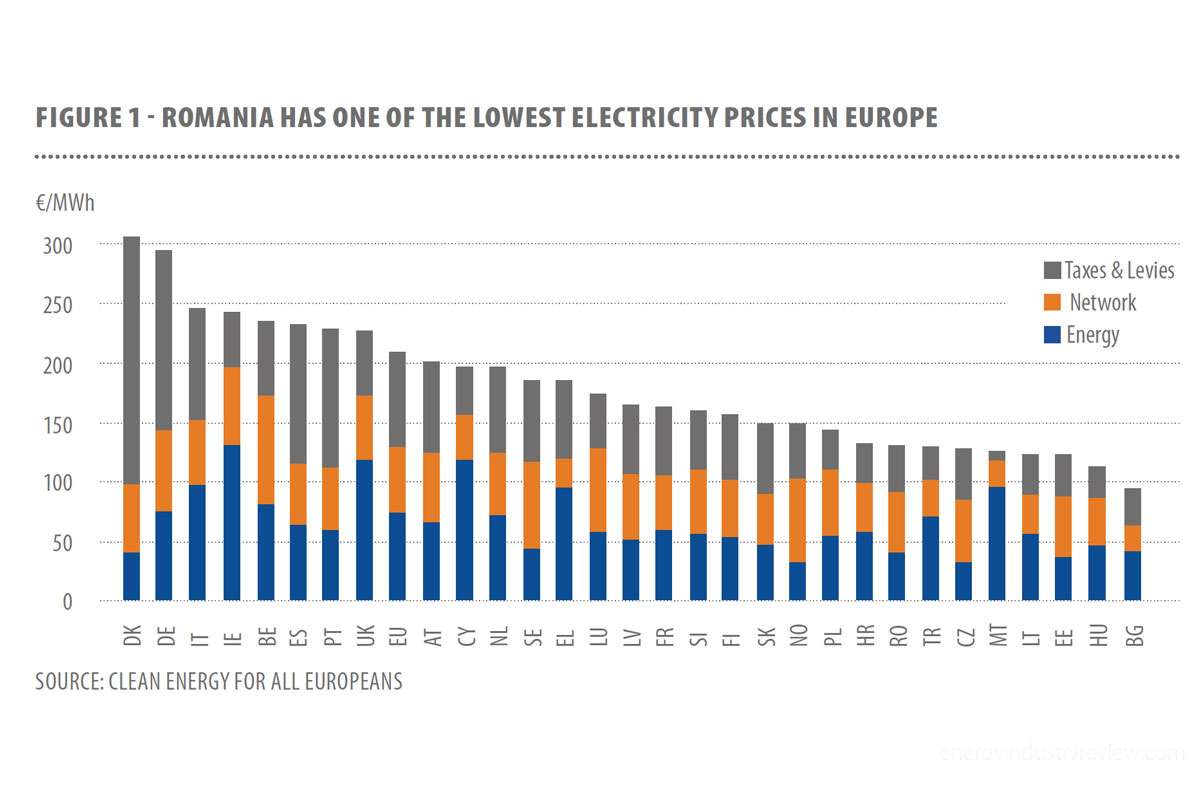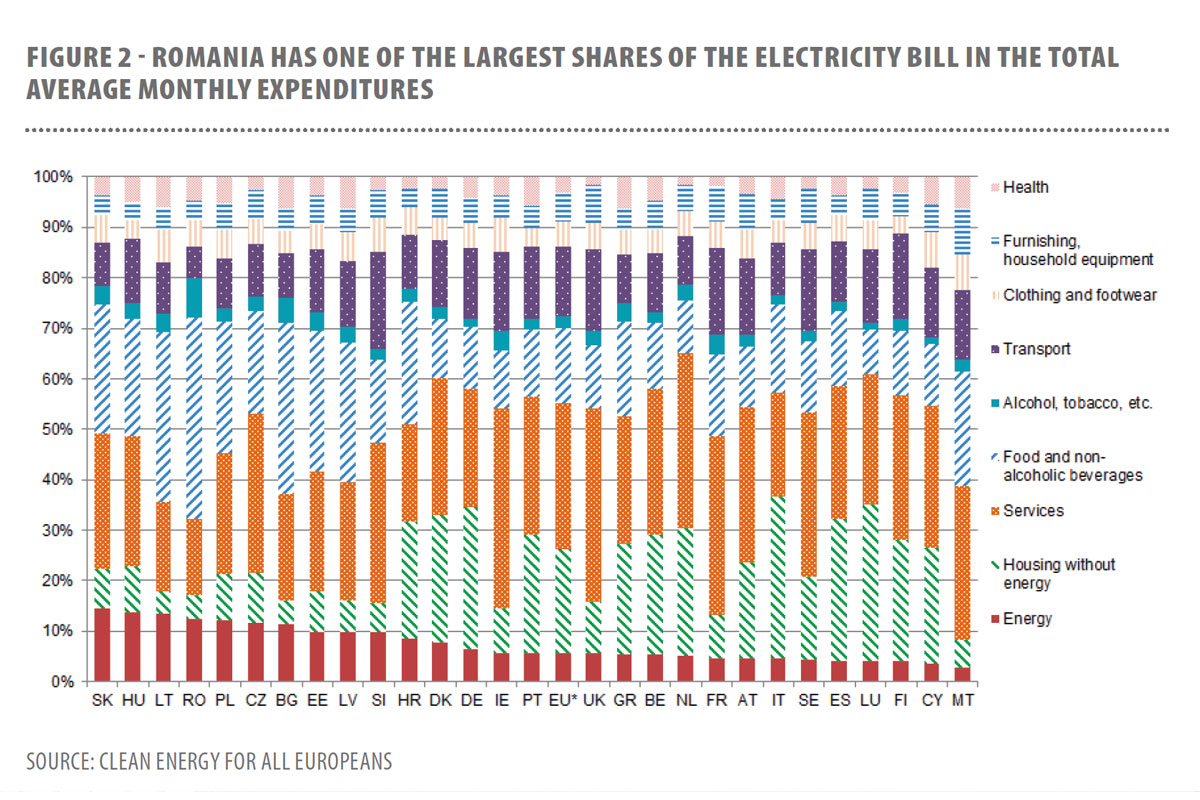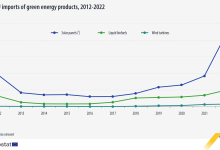Energy poverty, an old and new issue
The simplest definition of energy poverty is the lack of access to modern energy services. To better understand the concept, it’s very important to distinguish the main issues related to this phenomenon – energy access and fuel poverty.
Energy access represents the lack of physical connection to the energy grids (centralized or decentralized), the lack of infrastructure. On the other hand, fuel poverty refers to the situation of “not being able to afford energy services and/or to keep adequately warm at affordable prices”.
The real effects of energy poverty are numerous and very hard to measure. However, the most common are related to social marginalization, health conditions, psychological issues, lower educational level or low level of employment. Fuel poverty specifically causes a ‘cycle of debt’ (indebtedness resulting from unaffordable energy costs and the effort to avoid disconnection) and even energy theft, with physical security risks and legal consequences.
According to a recent IEA Report on Energy Access, 1.1 billion people around the world lacked electricity access in 2016, although things have been improving, taking into account that the number has dropped from 1.7 billion, in 2000. Actually, the agency forecasts that the number will continue to decrease and will reach 674 million, by 2030, India being the main driver of this impressive evolution.
In Europe, things are different, electricity grid access is not a significant problem (Word Bank or Index Mundi have in their statistics a 100% electricity rate). However, a significant share of Europeans deals with major affordability issues. And the numbers are quite shocking. 150 million of EU citizens have energy affordability issues (29.4% of the Union’s population), without even considering non-EU member states. Moreover, 10% of Europeans are actually unable to keep their home adequately warm, bigger issues being recorded in the Central and Eastern part of the continent – because fuel poverty has a lot in common with poverty itself.
In Romania there is still a part of the population which has no access to the grid, recent studies mentioning a number of about 30,000, out of a total of 7.18 million points of delivery.
Romanians face fuel poverty problems as well. Although Romania has one of the lowest electricity prices in Europe (Figure 1), it also has one of the largest shares of the electricity bill in the total average monthly expenditures (Figure 2), in 2015. Hungarians face even worst conditions.

The financial support received by vulnerable consumers for heating (the only financial measure in force in today’s Romania) is highly underrated. A significant share of vulnerable customers uses electricity for heating, because they have no district heating access and/or because their building is extremely energy inefficient. For this reason, their energy bills have sky-high levels in the winter time. In these conditions, with no real alternative, some of them have no other choice than to steal electricity, to withstand winter conditions.

Source: Clean Energy for All Europeans
In order to tackle fuel poverty in Romania, the solutions identified up to this point will work and will produce measurable effects only if they are implemented together and simultaneously. Among the most significant measures, we still need well targeted financial aid as well as flexible financial solutions. In addition, we need new household appliances and, in general, energy efficient consumers of electricity. We need energy efficiency measures for the apartments and buildings and we also need technological innovation.
Only by changing our own perspective with that of a vulnerable consumer, understanding the difficulties and obstacles in accessing electricity, we can make a difference for those less lucky.





